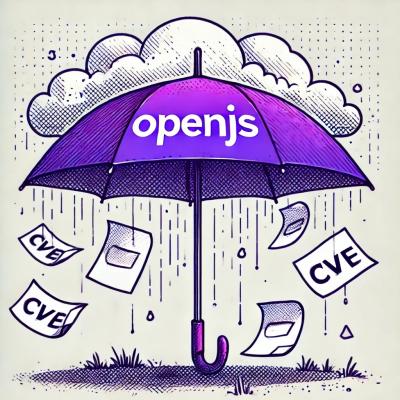lean-tsserver
Implements a tiny sub-set of tsserver, also using different internal APIs. Its reason d'etré is to i) emit diagnostics for a particular TypeScript module; ii) doing the least amount of work possible.
High-level working description
tsserver-lean expects communication to be done through its stdin and stdout pipes, like tsserver. It expects a set of requests defined in protocol.ts that are mapped to responses in a handler, on session.ts.
After a refactor, we are now using TypeScript's ProjectService API, that is responsible for managing multiple configured projects. With current setup, that means that we have a ProjectService for each project that we've requested diagnostics for. It has several efficiency affordances like caching of many adjacent functionality (ScriptInfo, module resolution, dependency type checkings) and the ability to extract diagnostics directly from a source file.
Contracts
There are some contracts and premises that is worth being aware of:
tsserver-lean uses readline to read its input, so whenever we want to programmatically write to the process' stdin, it is required that a \n is added to the end of the request message.- After each response,
tsserver-lean will write a \n to its stdout, so it is required that the client reads until it finds a \n to know that the response has ended.
Supported commands
So far, the only need for this server is to emit diagnostics for a particular module, on demand.
Type check a module
{ "command": "geterr", "type": "request", "seq": 0, "arguments": { "files": ["path/a/.ts", "path/b/.ts"] } }
Handshake
Used as a first message sent to stdout to indicate a successful start-up.
{ "command": "handshake", "type": "request", "seq": 0 }



